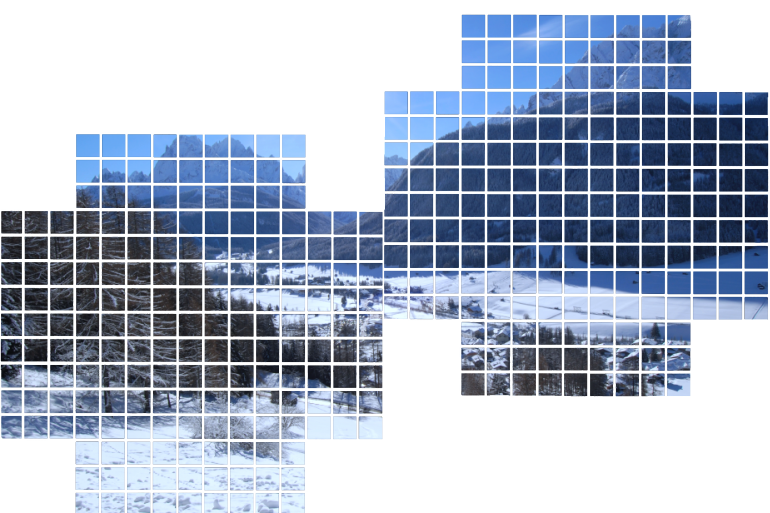The Low Surface Brightness Universe as seen by LSST
LOCATION: Sport & Kurhotel at Bad Moos - Via Val Fiscalina 27, 39030, Sexten
DETAILS
The Large Synoptic Survey Telescope (LSST) is a wide-field, ground-based observatory designed to image a substantial fraction of the southern hemisphere in six optical bands every few nights. The observatory will operate for at least a decade, allowing stacked images to detect light down to very faint surface brightnesses.
Low surface brightness astronomy is a key area of research that will be uniquely expanded upon by LSST’s combination of depth and area. For instance, galaxy clusters contain vast numbers of stars in diffuse light between the galaxies. The definitive LSST sample can capture enough of these systems to quantify the amount and spatial extent of this intracluster light in a more systematic fashion than ever previously possible. We will be able to characterize the stellar halos that surround nearby galaxies and unveil structures therein, such as tidal features and density inhomogeneities produced by galaxy mergers and interactions. These features, originated from the hierarchical formation processes, will provide critical clues to the formation history on a galaxy-by-galaxy basis. LSST will also enable the most complete census of low surface brightness or ultra-diffuse galaxies to date.
In order to best detect and analyse the low surface brightness light in LSST there are a number of key preparatory tasks, specified in the published LSST Galaxy Roadmap. These are not part of the funded LSST infrastructure effort and need to be undertaken by Science Collaborations. LSST commissioning will start in 2020 and so this is the ideal time to ramp up the Science Collaboration’s contribution.
In this workshop we will discuss the efforts made towards these preparatory tasks, discuss strategies adopted on common problems and determine what tasks still need to be done and who will undertake those, to ensure that the team are prepared for data arriving from 2022 onwards.
RELATED FILES
FEE
300 Eur (Bus transfer not included)
WORKSHOP CODE FOR BUS AND PAYMENT
2020LOSU
ORGANIZERS
Organizers: Sarah Brough, Sugata Kaviraj, Johan Knapen, Nicola Napolitano

